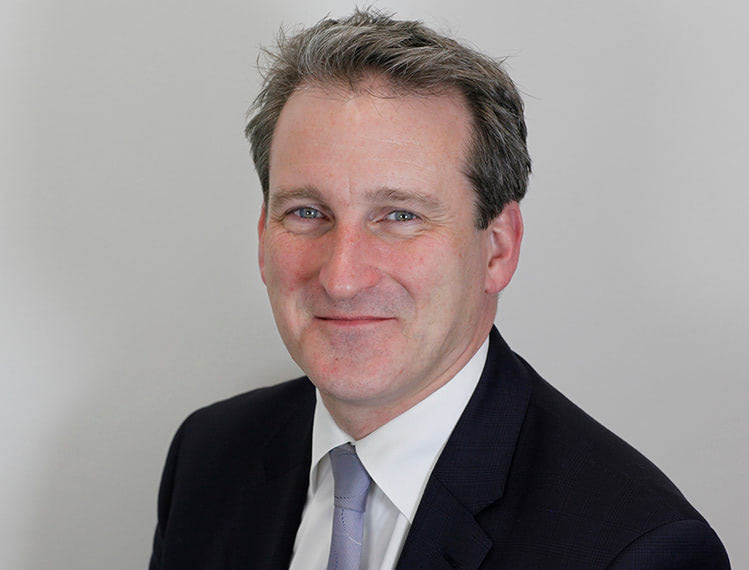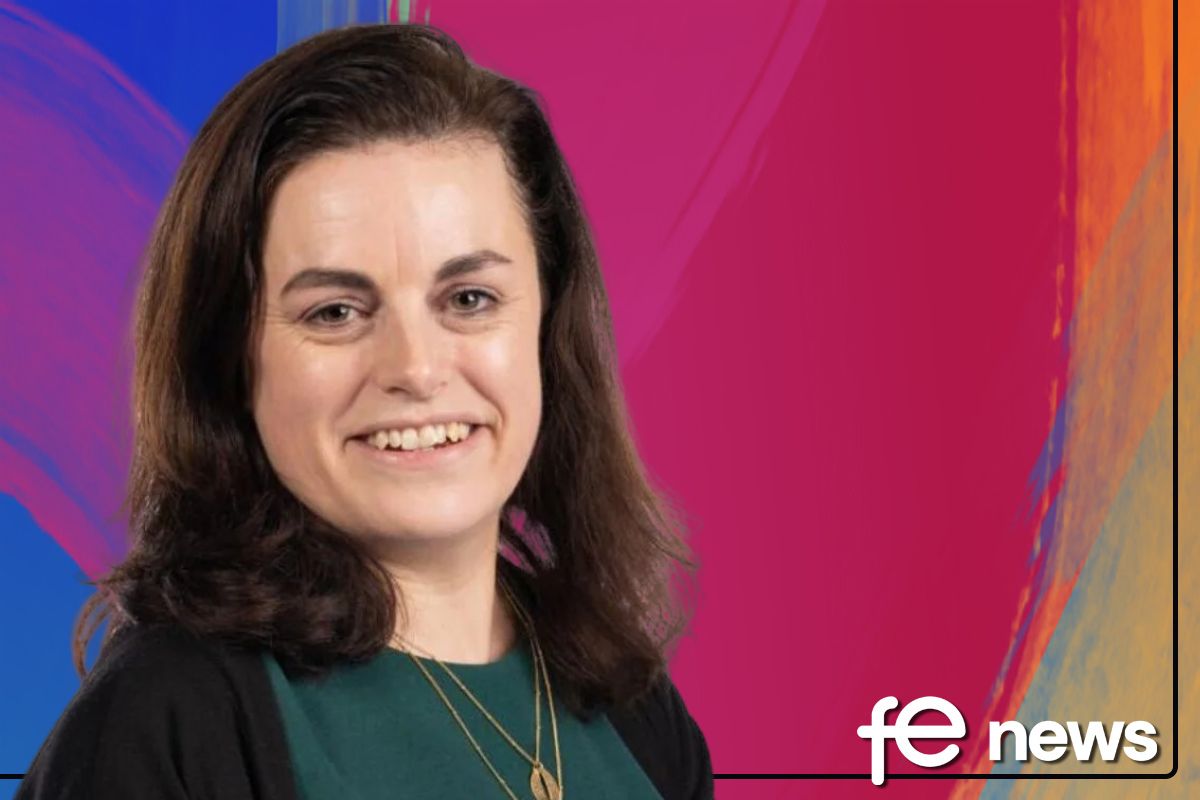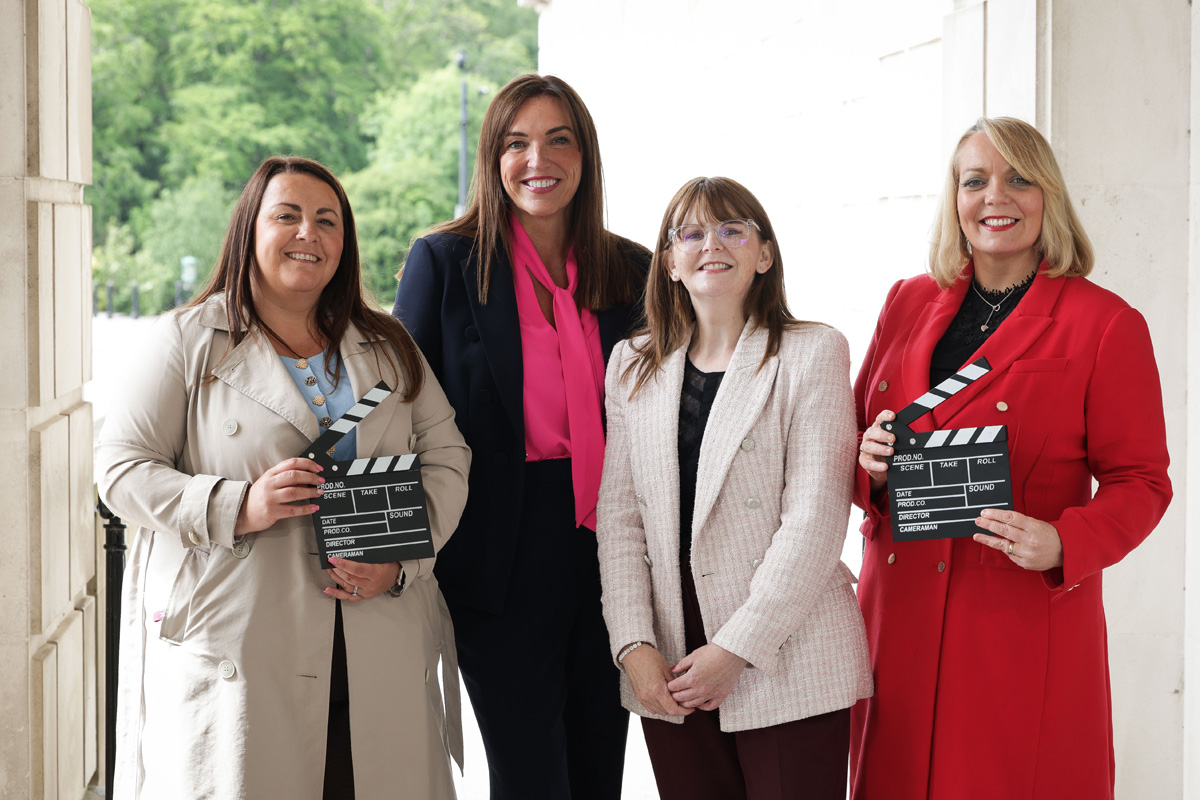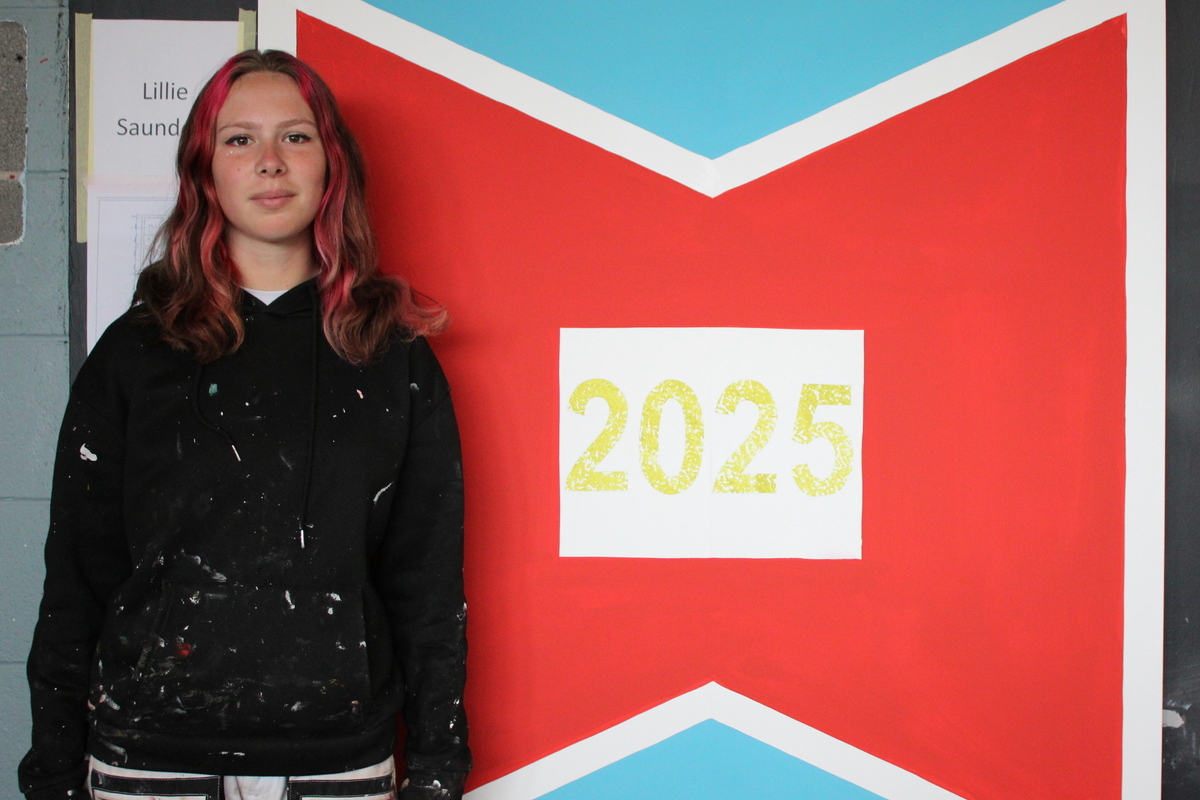Education Secretary Damian Hinds is calling on social media influencers to take responsibility for their young audience

What have you got planned for Stop Cyberbullying Day 2019? If you want to partner or join in as a supporter, check out our official website and see how you can contribute to making the internet a brighter place to be! https://t.co/Nzq7gtutWu #change #activism pic.twitter.com/H92q6wUwEq
— Stop Cyberbullying Day (@SCDHQ) June 14, 2019
EDUCATION SECRETARY TO ONLINE CELEBS: Take greater responsibility for your young followers
The Education Secretary has today called on social media influencers and online celebrities to promote healthy body image stereotypes to the young people who follow them.
Speaking out on #StopCyberBullyingDay, Damian Hinds has called on social media influencers to help in the fight against negative body image by making sure their social media content is less appearance focused and ensuring there is more transparency about how social media photos are edited.
These comments comes as latest data 40 per cent of teenagers said that things their friends have said have made them worry about their body image as well as occurrences of hurtful information being posted online is more frequent in England compared to other countries.
14 per cent of headteachers in England saying that parents or pupils reported hurtful information being posted online about pupils at least weekly, compared to the OECD average of 2 per cent.
From 2020, the Government is introducing compulsory health education in every state funded school, alongside compulsory relationships education for all primary pupils and relationships and sex education for all secondary pupils in England.
This will mean that every child will learn about internet safety and harms – including the unrealistic expectation of body image and how people may present a specific image of their life online – alongside the importance of mental and physical wellbeing.
We also recognise that bullying of any kind can now just as easily occur online as face to face, that is why we have put in place a number of powers and a range of support to enable schools to prevent and tackle cyberbullying.
Education Secretary Damian Hinds said:
“Children are growing up with a warped view of what is normal because so much of what they see on social media is false.
“These days there’s a filter for everything, so much so that when something ‘real’ goes online it’s tagged as #NoFilter but there should also be #NotEdited.
“I want social media influencers to think about what they are putting on their platform – is it honest? Is it authentic? Is it too image focused?
“I have always been supportive of the benefits of the internet and for many children and young people it can open up worlds that would otherwise go unexplored. What I am asking online celebrities for is for fewer selfies and more travel, more nature, more honesty. Use your access to educate your young followers rather than focus on body image.
“From 2020, every child in England will learn about the importance of mental wellbeing through the introduction of compulsory health education for every state funded school. This sits alongside the introduction of compulsory relationships education for all pupils. We’re also investing in expert mental health support in schools so that pupils get the right help when they need it. But these are only be pieces of the puzzle – because no one seems to be immune from online cruelty, and whilst teachers and school do their best to prepare and protect their students, the phone in someone’s pocket is with them 24/7 – not just in school hours.
“All online influencers, social media companies, TV channels and streaming sites must take their responsibility more seriously because their world is one we spend so much time in. We need action now to stop today’s young people facing a lifetime of abuse online.”
We are introducing compulsory Relationships Education for all primary pupils and compulsory Relationships and Sex Education (RSE) for all secondary pupils. From September 2020, Health Education will also be compulsory for all pupils (since PSHE is already compulsory for pupils at independent schools that are not academies).
We are committed to supporting schools to teach these subjects to a high standard from September 2020. Many schools are already teaching parts of these subjects, for example through PSHE, and will be able to adapt to the new requirements quite quickly. We have already seen significant uptake through our early adopters programme, which is encouraging schools to start teaching these subjects from September 2019.











Responses